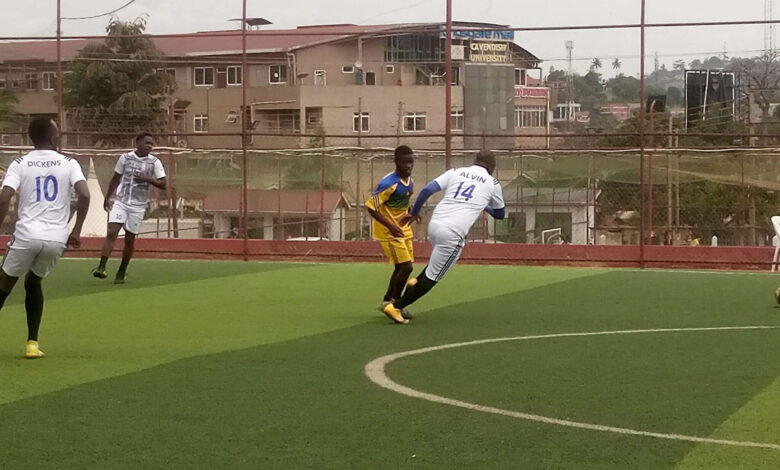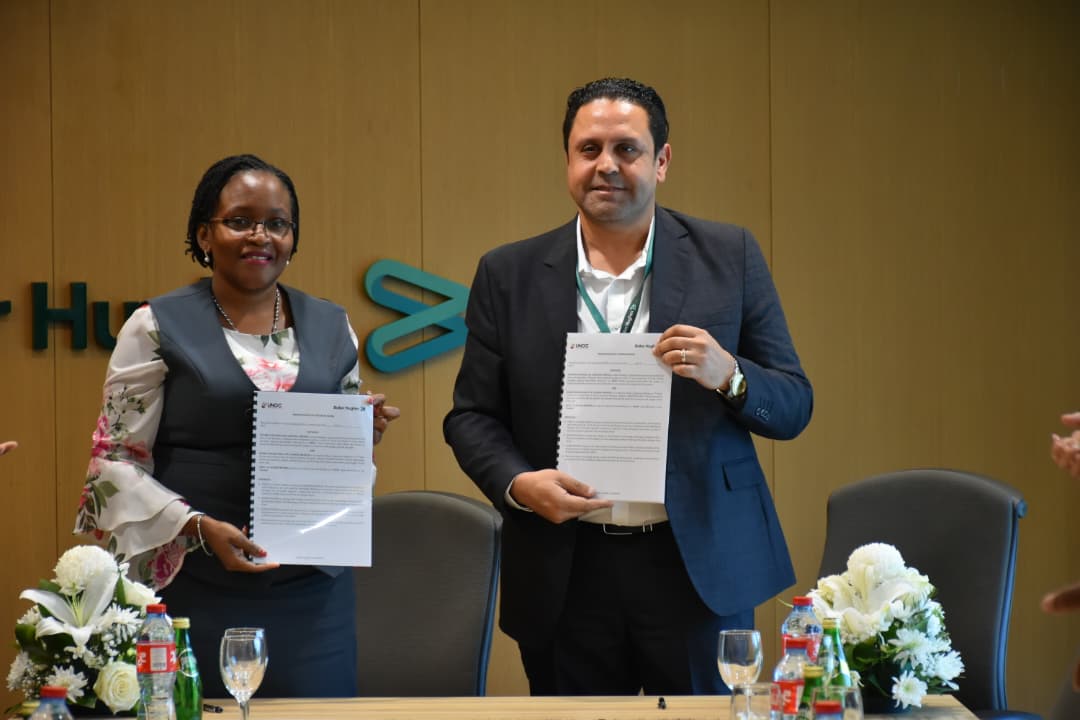From street football to artificial turf, why futsal is taking over Ugandan sports
For a sport like futsal, where the game is played on a smaller court with rapid passing and quick ball control, the quality of the pitch makes all the difference.

On any given evening, Uganda’s urban spaces are alive with the sounds of swift footwork, fast-paced passes, and the roar of excited fans.
But this isn’t the chaotic street football many grew up playing—this is futsal, and it’s happening on an entirely new stage: artificial turf.
In neighborhoods like Ntinda, Nakawa, and Entebbe Road, artificial turf futsal facilities are springing up, transforming the landscape of urban football.
What was once a game played on dusty streets, where uneven surfaces and the risk of injury were part of the challenge, has now evolved into something more polished and professional. The smooth, green carpets of artificial turf have arrived, and they’re drawing in Uganda’s football-hungry youth like never before.
“The turf has changed everything,” says Michael, a regular player at one of the newest facilities in Ntinda. “You can move faster, control the ball better, and you don’t have to worry about dust or getting cut up by rough ground. It feels more professional. Playing here has helped me work on my speed and precision.”
For a sport like futsal, where the game is played on a smaller court with rapid passing and quick ball control, the quality of the pitch makes all the difference.
On the smooth surface of artificial turf, the ball moves with accuracy, and players can focus on technique and strategy rather than dodging potholes or slipping on gravel.
The surge in these facilities reflects a growing shift in Uganda’s football culture. Futsal, a variant of traditional football, has gained immense popularity for its fast-paced, skill-intensive style of play.
The smaller, enclosed pitches require players to be quick on their feet and sharp in their decision-making, a perfect match for the talents of young Ugandan footballers who thrive on agility and creativity.
According to Coach Ivan, who trains a youth team at a new facility along Entebbe Road, the impact of artificial turf on players is undeniable.
“These pitches are attracting more serious players,” he says. “Kids who’ve only ever played on rough streets are suddenly flourishing on these turfs. Their technique improves, and so does their confidence. It’s a different experience when you’re playing on a surface that allows you to express yourself fully.”
It’s not just about improving individual skills, though. The rise of artificial turf futsal pitches is fostering a sense of community, bringing young people together in ways that traditional street football couldn’t.
Instead of gathering on dusty corners or abandoned lots, groups of friends now meet at these well-maintained facilities to play under floodlights. The pitches have become social hubs, where football meets friendship.
“At first, I thought these pitches were only for rich kids,” says Emma, a boda boda rider who plays futsal after work. “But they’re surprisingly affordable. You can pay a small fee and get to play with your friends on a good surface. It’s way better than what we’re used to.”
Facility owners, seeing the growing demand, are also adapting. Many pitches now offer affordable hourly rates, making the turf accessible to players from all walks of life.
And for those with bigger dreams, playing on artificial turf can feel like the first step toward making it to the professional leagues. “This is what the pros play on,” Emma adds with a grin. “It makes you feel like you’re training for something bigger.”
Beyond the players, the business side of these futsal facilities is booming. Entrepreneurs have realized that artificial turf pitches are a profitable venture. With football being Uganda’s most popular sport, the demand for quality playing fields is constant.
Facility owners are now catering to corporate leagues, youth academies, and weekend warriors alike. For many, it’s not just about football; it’s about tapping into a growing market where sports, fitness, and entertainment intersect.
But the artificial turf revolution isn’t without its challenges. Maintaining these pitches requires regular upkeep, and the costs can add up. As more facilities emerge, the competition is heating up, pushing owners to innovate and offer more attractive packages to lure players in.
Despite these challenges, the future looks bright for futsal in Uganda. With the rise of artificial turf, the game is moving off the streets and into a new era, one where skill, speed, and technique are celebrated on a professional-grade surface. And for many young Ugandans with dreams of football greatness, these pitches are just the beginning.







